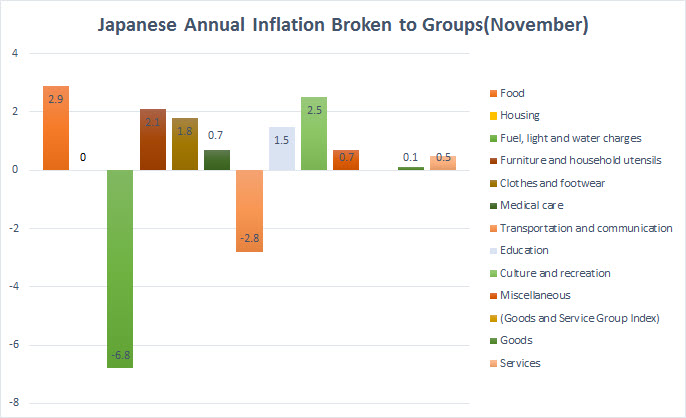When then-President-Elect Joe Biden nominated Janet Yellen to be his Treasury secretary last month, the markets rejoiced. The former Federal Reserve chair was a known quantity, and investors hate uncertainty – they knew what they were getting. Even better, they liked what they were getting—a monetary dove who favors low-interest rates and supports an interventionist government and Fed. While she wouldn't be on the Fed in her new role, she still holds the same views.
Moreover, since she is Jerome Powell's immediate predecessor, and they both worked together on the Fed for several years, it was pretty much a given that the two will work closely and harmoniously together for the good of the country, as the times demand.
But the markets were also relieved that Biden did not bow to the so-called progressives on the extreme left of his party and pick someone more to their liking, instead choosing someone with safe, relatively moderate views that both parties could support – as indeed they did, by an 84-15 Senate vote. In other words, Biden wanted – and the markets demanded – an adult in the room, and that's what they got with Yellen.
Or did they? Continue reading "Yellen Joins The Party"


